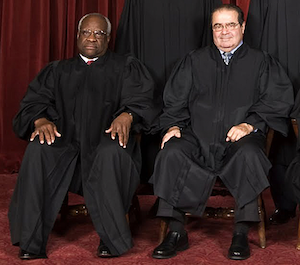Winner, Berkowitz, Snepp, Blake & Bissonette – stripping the profits of authors who breach national security pre-clearance agreements
 In an article in today’s Guardian, I read that the punishment of US whistleblower Reality Winner (pictured right) was not only a conviction and sentence to 63 months in prison, but also a prohibition that she “can never be paid for telling her life story – whether in a book or through the several movies that have been made about her”. This rings three bells for me.
In an article in today’s Guardian, I read that the punishment of US whistleblower Reality Winner (pictured right) was not only a conviction and sentence to 63 months in prison, but also a prohibition that she “can never be paid for telling her life story – whether in a book or through the several movies that have been made about her”. This rings three bells for me.
First, in the summer of 1977, New York was terrorized by a serial killer calling himself Son of Sam, who was identified as David Berkowitz and apprehended. Given his notoriety, the rights to his story were worth a great deal of money. As a consequence, New York enacted legislation requiring a publisher contracting with a person “accused or convicted of a crime” for the production of a book describing the crime to pay to the Crime Victims Board any money owed to that person under the contract. The Board would then use that money to compensate victims of crime. Simon & Schuster contracted to publish Wiseguy: Life in a Mafia Family (1985), a book about the life of admitted organized crime figure Henry Hill, written by Nicholas Pileggi, with paid assistance from Hill.…



